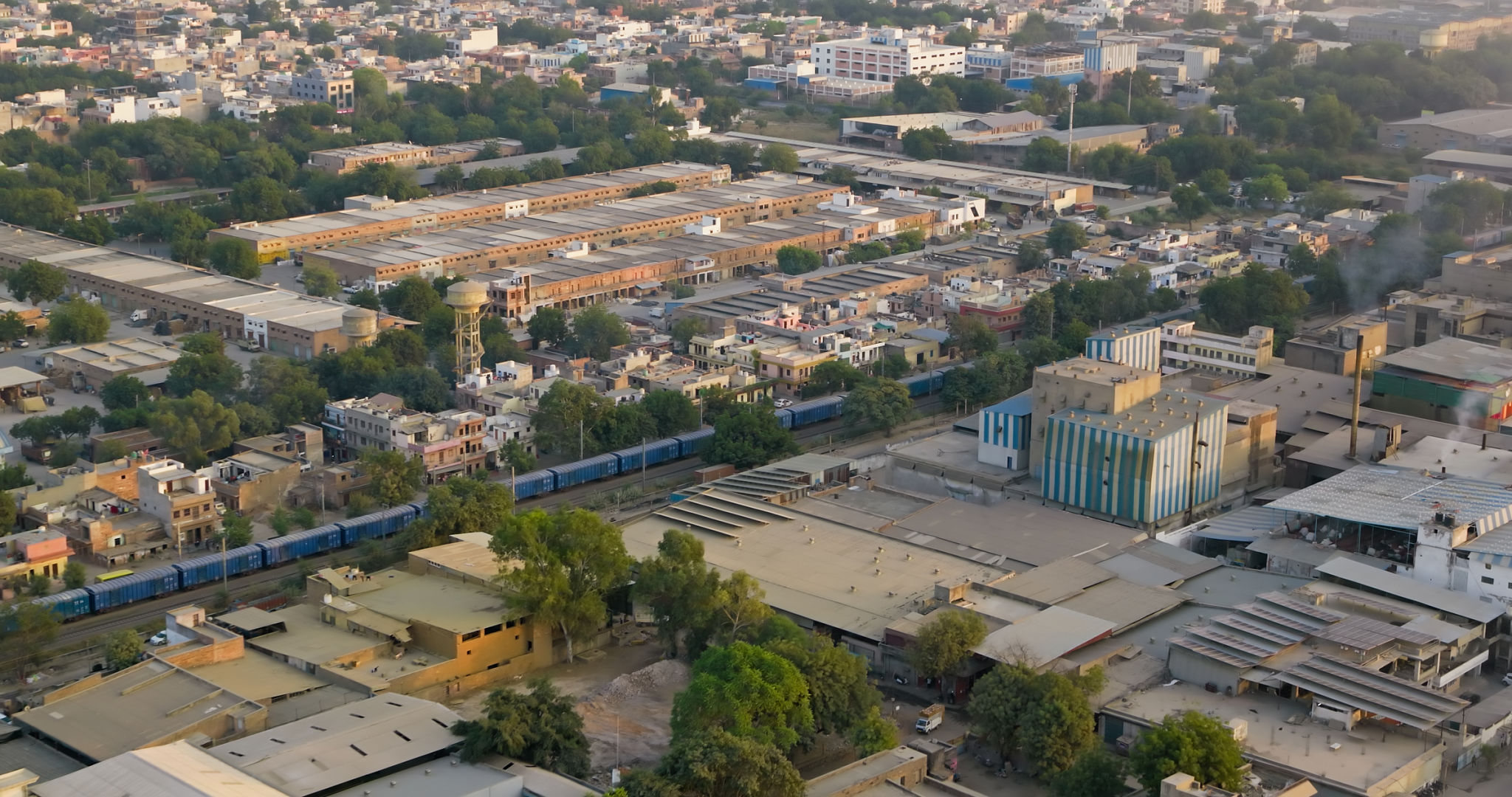Case Study: Successful Implementation of TSP in Asian Markets
Introduction
The Traveling Salesman Problem (TSP) is a classic optimization challenge that involves finding the shortest possible route for a salesman to visit a list of cities and return to the origin city. The problem has been a topic of significant interest in the fields of computer science and operations research. Recently, a successful implementation of TSP in Asian markets has demonstrated its potential to optimize logistics and reduce costs for businesses operating in the region.

Overview of TSP Implementation
The implementation of TSP in Asian markets involved leveraging advanced algorithms and modern computing power to tackle complex routing challenges. By applying TSP solutions, businesses can significantly improve their supply chain efficiency, leading to reduced operational costs and enhanced customer satisfaction. The adoption of this solution in Asia showcases the growing demand for technology-driven logistics optimization.
Key Challenges Addressed
In the dynamic and densely populated regions of Asia, logistics companies face numerous challenges, such as:
- High transportation costs due to inefficient routing.
- Increased delivery times impacting customer satisfaction.
- Complex urban infrastructure complicating route planning.
The successful implementation of TSP addresses these challenges by providing optimized routing solutions that reduce travel distances and improve delivery timelines.
Technological Advancements
The implementation relied heavily on cutting-edge technologies such as machine learning and artificial intelligence to process large datasets and generate efficient routes. These technologies enable the system to adapt to real-time data inputs, ensuring that routes are constantly optimized even as conditions change.

Benefits of TSP in Asian Markets
By integrating TSP solutions, businesses across Asian markets have reported several benefits:
- Cost Reduction: Optimized routes lead to savings on fuel and labor costs.
- Time Efficiency: Reduced travel times enhance delivery speed and reliability.
- Environmental Impact: Shorter routes contribute to lower carbon emissions.
Case Study: Success Stories
Several companies in the region have successfully implemented TSP solutions with impressive results. For instance, a leading e-commerce platform in Southeast Asia reported a 20% decrease in delivery costs while improving customer satisfaction rates by over 15%. Similarly, a prominent logistics provider in Japan saw a significant reduction in their carbon footprint, aligning with their sustainability goals.

Lessons Learned
The successful implementation of TSP in Asian markets provides valuable insights for businesses looking to optimize their logistics. Key lessons include:
- The importance of investing in technology and skilled personnel to manage and interpret data effectively.
- The need for continuous monitoring and adaptation of routes in response to changing conditions.
- The value of collaboration between technology providers and logistics companies to tailor solutions to specific market needs.
Conclusion
The case study of TSP implementation in Asian markets highlights the transformative potential of technology-driven solutions in logistics. By addressing key challenges and leveraging advancements in machine learning, businesses can achieve significant operational efficiencies. As more companies adopt these solutions, the future of logistics in Asia looks promising, with enhanced sustainability and customer satisfaction at the forefront.
